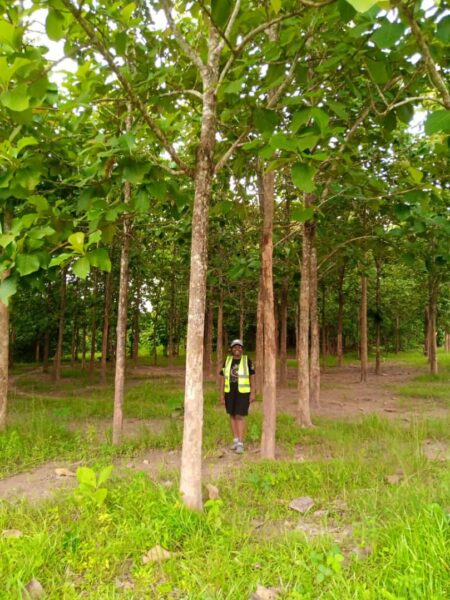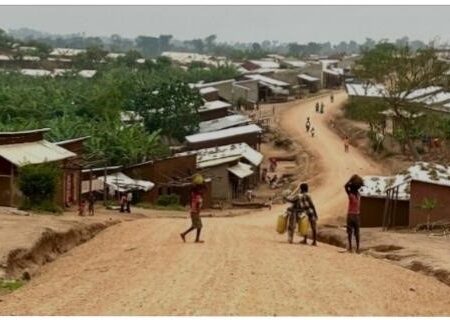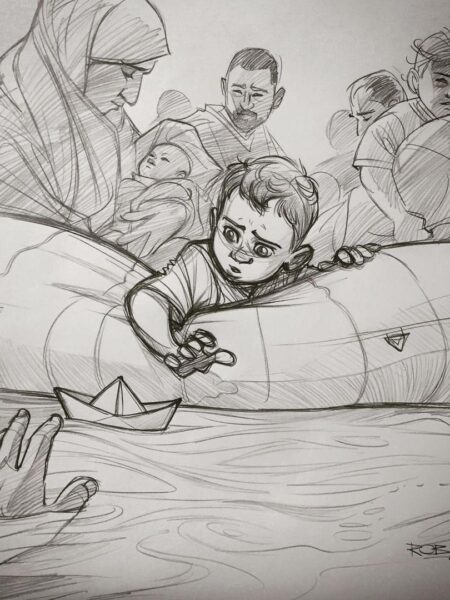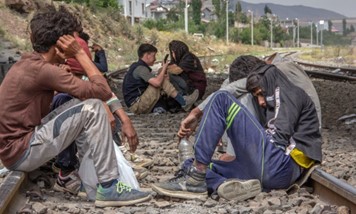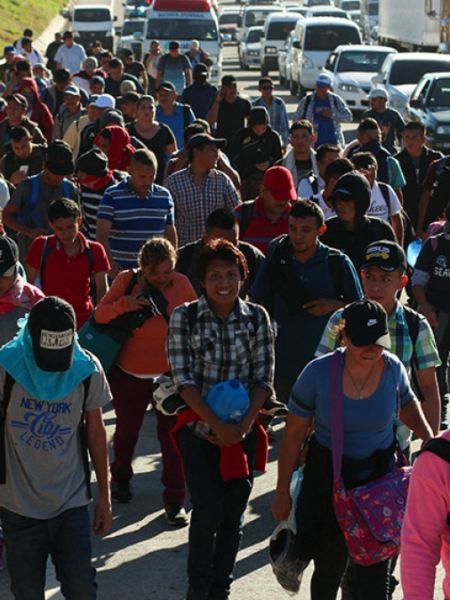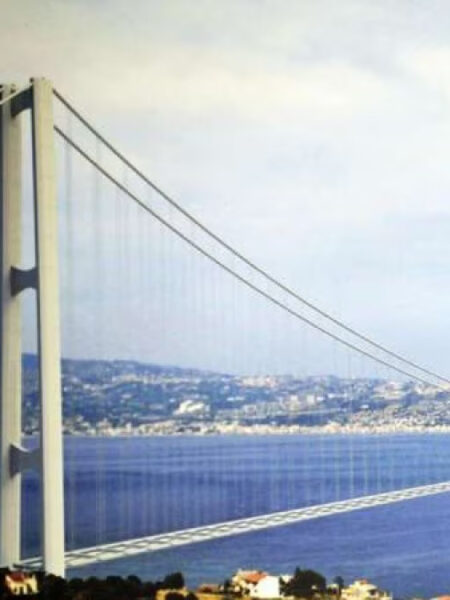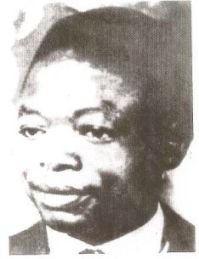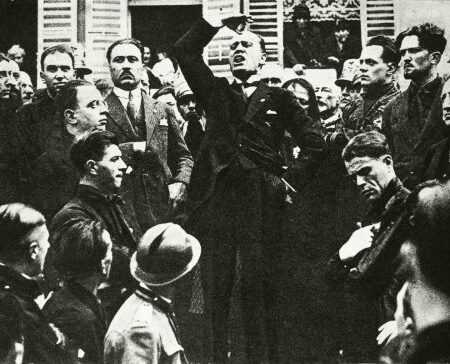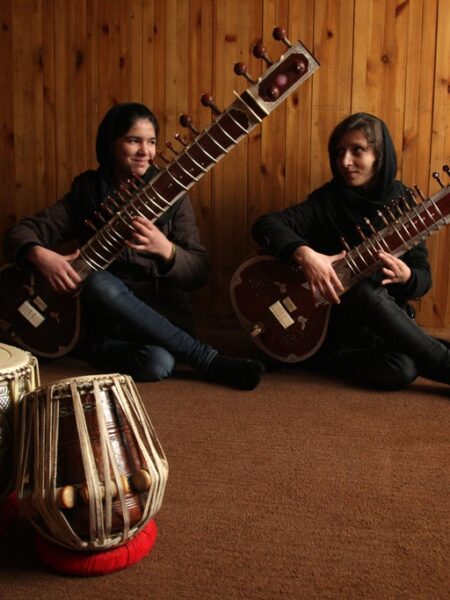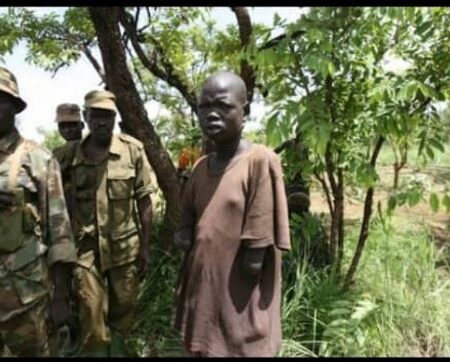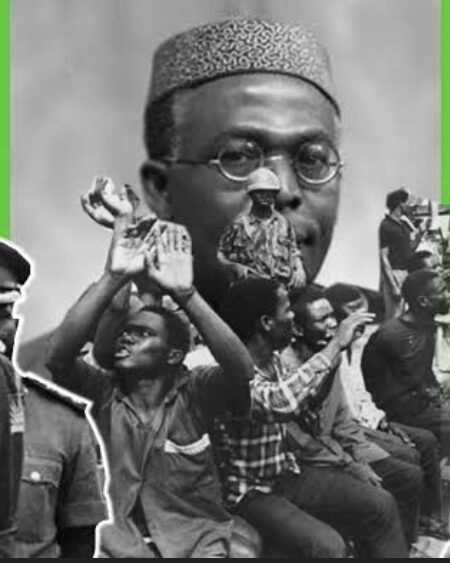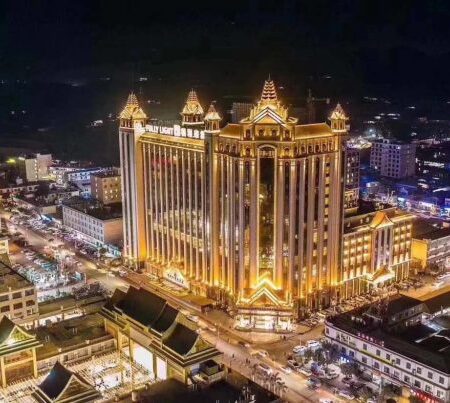The goal of this article is to introduce the reader to history of Kakuma refugee camp, to present refugees’ life stories, and their opinions on camp closure decision made by the Kenyan government in spring 2021.
Kakuma refugee camp
Kakuma refugee camp is a multinational camp situated in a semi-arid area in Turkana County, Kenya. The camp had 196 666 registered refugees and asylum seekers at the end of July 2020, according to UNHCR data collection. Despite the challenges caused by Covid-19 pandemic, the number of refugee and asylum seekers is increasing in the camp.
The camp was established in 1992 to host the so-called “lost boys” from South Sudan. Today it is full of diversity with people from different countries such as South Sudan, Democratic Republic of Congo, Burundi, Rwanda, Uganda, Somalia, Ethiopia, and Sudan. In the Kakuma community, UNHCR supports the idea of integration in order to reduce inter-ethnic hatred, therefore members from different countries are gathered together.
There are many humanitarian organizations working in the camp that support refugees in different ways. The most important goal of their activities is the resettlement of the camp’s residents. At the end of each month, the refugees receive their food rations from World Food Program Ration Center according to the number of family members. Water, sanitation, healthcare and resettlement are free of charge to all refugees and asylum seekers residing in the Kakuma refugee camp.
Refugees are given free education, both on the level of primary and secondary school. There are some opportunities for post-secondary education, so the learners can continue their studies outside the camp. These are offered by organizations such as World University Service of Canada (WUSC) and German Academic Refugee Initiative (DAFI). Other institutions, such as InZone Learning Hub by the University of Geneva, Jesuit Worldwide Learning (JWL), Open Society University Network (OSUN) and Youth Education and Sports (YES) by the government of Kenya, also provide courses for the refugees.
“These opportunities give refugees hope that they can continue to stay in the camp, while problems are solved in our home countries”, says Sunday, one of my interviewees for this article.
I personally collaborate with one of my informants, Sunday, to develop a project of Kakuma Child Sport and Skills (KCSS). The project aims to keep pupils active with sports during holiday periods and provides skills and knowledge on topics that affect our world such as climate change, snake bites, rabies, sexually transmitted diseases and communicable diseases.
Refugee voices
Agot is a 20-year-old young woman, who was born in the camp and finished her secondary studies there. She has never visited her country of origin. This is typical for residents of the Kakuma refugee camp. There are various reasons that cause people to flee from their home countries. Some of these reasons are very painful to hear, while others are funny. Abraham from South Sudan says he fled his country and settled in Kakuma due the opportunities it provides that were not available for him in his country. The opportunity to resettle in countries such as USA, Australia and Canada are especially attractive to him.
“I was born in Khartoum when Sudan was not yet divided”, says Sunday. He stayed in Khartoum for 9 years, but after South Sudan gained its independence, all South Sudanese were strongly advised by the government of Sudan to go back to South Sudan. Sunday studied in primary school in Khartoum, but the government decision forced his family to move to South Sudan. In South Sudan the family lived in Malakal, which is the second largest city in the country after the capital Juba. Shortly after the move, a conflict involving two large local tribes, the Dinka and the Nuer, sparked in Malakal and the upper Nile state. Civilian lives were lost to the conflict that went on for 5 years.
When the South Sudanese government realized that civilians were being killed, United Nations Mission in South Sudan (UNMISS) forces were brought to the conflict territories. UNIMISS has a goal to protect civilians and build durable peace in South Sudan. It employs almost 20 000 peacekeepers from 73 countries that carry out duties provided by the United Nations Security Council. Peacekeepers actively patrol in communities across the country to deter violence and provide a protective presence with a particular focus on areas that displaced people are returning to in the wake of the peace deal. (UNIMISS Website)
Sunday was 11 years old at the time and remembers only Indian peacekeepers performing the task of protecting the civilian population. “Without UNMISS we would not be alive today, because many people lost their lives that time”, says Sunday. Refugees were brought to a big compound with different people from different tribes. During a ceasefire people could go outside to collect food and do farming. Government and humanitarian organizations were providing them food. Private trade on food also took place, as did stealing.
At the UNMISS camp the people were living in a very congested space with no trees. Some people were forced to pass the whole day under sunlight due to lack of income to construct a shelter. The houses were very small and could not prevent rain during the rainy season. The space allocated for the family was not big enough to keep animals, so they had to survive without. Water was brought by cars, but there was not enough of it. This pushed some people to survive independently in areas where fighting did not take place. People could pray inside UNMISS camp, but there were no leisure time activities because everyone was stressed. Indian peacekeepers were protecting themselves against bullets by hiding themselves behind sand bags.
At that time only Juba and Malakal were conflict zones, where the UNMISS forces were guarding peace. The conflict started in Juba and later reached Malakal. “Sometimes people would fight the UNMISS just because the place had people from different cultures”, says Sunday. Some foreigners were inside the UNMISS camp, but mostly they were taken elsewhere. Sunday is not sure where these people were taken.
The conflict started in November 2013 and finished in 2016. Sunday and his family left the UNMISS compound while the conflict was continuing to go to Juba there they stayed for some time before fleeing to Kakuma refugee camp in 2014. At that time, many people were going back to Malakal and other places. Sunday feels that the time he has spent at the camp has not been very useful for him. He is very stressed about the news that the camp is going to be closed by June 2022. At the camp, he has benefitted from free education and learned Swahili, but he is not satisfied because he had a plan to finish his studies at the camp. On the other hand, he thinks he would not be alive if he had stayed in the areas of conflict. Life in Kakuma has also given him opportunities to interact with people from different countries. He has gained farming skills through training organized by local community-based organizations.
Ultimatum to close Kakuma and Dadaab refugee camps
In March 2021, the government of Kenya gave out a decision to close the Kakuma refugee camp. The decision was highly criticized both by the international community and the refugees themselves. The government later postponed their decision to close the camp until June 2022. The decision has pushed some refugees to go back to their countries of origin, while a large number of refugees believe that the Kenyan government is just seeking for money from the international community. This rumor gives them hope to continue their stay at the camp.
Most people in the community are stressed about the decision, including myself. There are many reasons for this discomfort. As Sunday pointed out, a large number of people saw this camp as an opportunity for them to change their lives and follow their destiny. “Some refugees aim to change the conditions in Kakuma by creating different community-based organizations that assist their community members. These organizations employ people from the community. Others start their own businesses, for example by creating power supply, while some are employed with humanitarian organizations. Therefore I am not glad about the decision of closing the camp”, says Agot.
Sunday is very stressed about news concerning the closure of the camp. He thinks the closure will be an advantage for those who will be able to resettle outside the African continent, in countries like USA, Canada, Germany and Australia. He has heard about the possibilities to integrate into the resettlement system, but thinks that the majority of people from his family will not be interested in this opportunity, as they will prefer to go back to South Sudan when the situation settles down. “Peace is something very important”, says Sunday. “We fled our homeland for a reason and even now there is a growing amount of problems among us, especially due to tribalism. I beg the government of Kenya to rethink this decision of closing the camp. It will be a good idea if they may at least call upon a meeting with the government of South Sudan to tell them that they want them [the South Sudanese government] to take responsibility of their citizens, we are planning to send them back. Then our government can consider the issue seriously.”
Sunday is not happy to go back to South Sudan, as the situation in the country is very unstable. “When I go back I have to start from zero, which is very complicated.” Sunday thinks it would be better to allow people to resettle to a peaceful location that will allow him to continue his studies. “I may go to another place were life is good”, he says.
Personal perspective
African countries are still facing different challenges: not only conflict, but also other types of problems, such as famines caused by different factors. I would like to talk about a recent event of a volcano eruption that took place in the city of Goma, North Kivu province, in the eastern part of Democratic Republic of Congo. North Kivu is among the provinces that have been most affected by conflict in the Democratic Republic of Congo. The majority of local population was not aware of the possibility that a volcano could erupt. The catastrophe led to large numbers of people fleeing from the area. According to news on the radio, Kenya is among the countries that supported the government of Congo and delivered food to support people affected by the eruption.
The question that bothers me is what will happen if the government of Kenya decides to close the camp? Even today in some parts of South Sudan and Ethiopia ongoing fighting takes place. Some factors that create disorder in different African countries originate in neighboring countries. To give an example, opposition leaders from the Democratic Republic of Congo traveled to Geneva to select one person to represent the opposition party during the election of 2018. However, the agreement was quickly dismantled by two representatives of the opposition who first agreed that Martin Fayulu will represent the opposition party, but after arrival to Kenya decided to come up with another agreement which named Tshisekedi as the candidate. I do not want to talk more about politics, but through this example I want to show to the world that disorder and corruption bothering Africa are actively supported by several African countries.
In my opinion, a good advice to the government of Kenya concerning the closure of the camp in Kakuma is that the government should cooperate with countries whose citizens live as refugees in Kenya. This collaboration is needed to build a durable peace in these countries, which is a prerequisite for the refugees’ return. If the camp will be closed, I assume many people will be injured and some will die. Most refugees in Kakuma are illiterate, which means that when the news about the closure of the camp reached them, everyone had their own understanding about the news. Many people of the local community are not happy about the closure of the camp, because resources and jobs will be lost. There are many different kinds of people in the community, some have started their own businesses, while others are working for humanitarian organizations. However, some other refugees are happy about the closure of the camp, as they think the resources will remain even after the closure. As the local community is already divided, it gives me competence to believe that a conflict may raise around the camp anytime.


